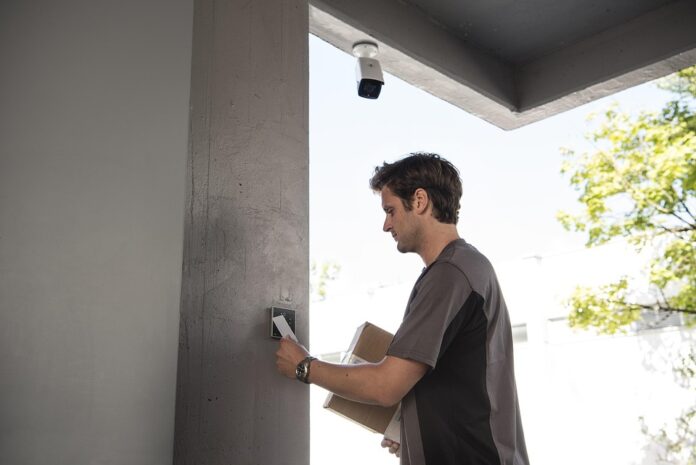Introduction
RFID (Radio Frequency Identification) and barcode technologies have been widely used for product authentication in various industries. In recent years, there has been a growing trend towards integrating these two technologies to create hybrid systems that offer enhanced security and efficiency. This report will explore the benefits, challenges, and potential applications of RFID and barcode hybrid systems for product authentication.
Benefits of RFID and Barcode Hybrid Systems
Enhanced Security
One of the key advantages of RFID and barcode hybrid systems is the enhanced security they provide for product authentication. By combining the unique identification capabilities of RFID tags with the widespread use of barcodes, companies can create multi-layered authentication systems that are more difficult to counterfeit or tamper with.
Improved Efficiency
Another benefit of RFID and barcode hybrid systems is the improved efficiency they offer in tracking and authenticating products. RFID technology allows for quick and accurate scanning of products, while barcodes provide a cost-effective solution for labeling and identification. By combining these two technologies, companies can streamline their authentication processes and reduce the risk of errors or delays.
Challenges of RFID and Barcode Hybrid Systems
Integration Complexity
One of the main challenges of implementing RFID and barcode hybrid systems is the complexity of integrating these two technologies. Companies must ensure that their RFID and barcode systems are compatible and can communicate effectively with each other to provide accurate product authentication.
Cost Considerations
Cost is another factor that companies must consider when implementing RFID and barcode hybrid systems. While RFID technology can offer significant benefits in terms of efficiency and security, it also comes with higher initial costs compared to traditional barcode systems. Companies must weigh the potential benefits against the upfront investment required for RFID technology.
Applications of RFID and Barcode Hybrid Systems
Retail Industry
In the retail industry, RFID and barcode hybrid systems are commonly used for inventory management and product authentication. Retailers can use RFID tags to track products throughout the supply chain, while barcodes provide a simple and cost-effective way to label products for sale.
Pharmaceutical Industry
In the pharmaceutical industry, RFID and barcode hybrid systems are crucial for ensuring the authenticity of medications and medical devices. By using RFID tags and barcodes, pharmaceutical companies can track products from the manufacturing facility to the end user, reducing the risk of counterfeit or tampered products entering the market.
Industry Insights
According to a report by MarketsandMarkets, the global RFID market is projected to reach $17.4 billion by 2026, with a compound annual growth rate of 9.9%. This growth is driven by the increasing adoption of RFID technology in various industries, including retail, healthcare, and manufacturing.
Companies such as Zebra Technologies, Avery Dennison, and Honeywell are leading players in the RFID and barcode industry, offering a wide range of solutions for product authentication and tracking. These companies provide hardware, software, and consulting services to help businesses implement RFID and barcode systems effectively.
In conclusion, RFID and barcode hybrid systems offer significant benefits for product authentication, including enhanced security, improved efficiency, and cost savings. While there are challenges to overcome, such as integration complexity and cost considerations, the potential applications of these technologies in industries such as retail and pharmaceuticals are vast. As the global RFID market continues to grow, companies that invest in RFID and barcode hybrid systems will be well-positioned to enhance their product authentication processes and stay ahead of the competition.




